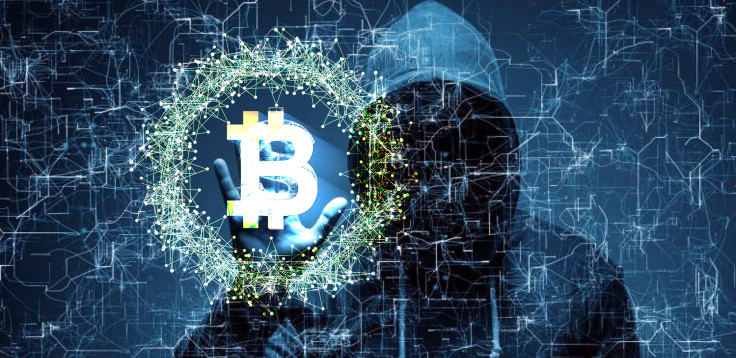Co-founder Of Embattled Samourai Wallet Released On $1M Bond, Under House Arrest

KEY POINTS
- Rodriguez's movements will be monitored by authorities even under house arrest
- Rodriguez and Hill are accused of 'knowingly' facilitating millions in money laundering transactions on Samourai
- Crypto users on X said the Samourai case should be a 'lesson' of development anonymity
The co-founder of Bitcoin wallet and mixing service Samourai Wallet on Monday pleaded not guilty to two criminal counts in relation to establishing and marketing the privacy-focused wallet application that the U.S. Department of Justice (DOJ) said executed more than $2 billion in "unlawful transactions."
Keonne Rodriguez, 35, was released on a $1 million bond, but he will remain under house arrest until his trial, as per a bail package that Rodriguez and prosecutors agreed to, according to CoinDesk. The crypto magnate will also be monitored by authorities through tracking technology, and he is only allowed to travel to and from court.
The next hearing is scheduled for May 14 before District Judge Richard Berman. The said judge oversaw the fraud case of cryptocurrency trader Avraham Eisenberg, who was found guilty on three counts of fraud and manipulation in a staggering $110 million crypto trade scheme through the Mango Markets network.
Rodriguez and his co-founder, William Lonergan, 65, were arrested by U.S. authorities last week in Pennsylvania and Portugal, respectively, and charged with conspiracy to commit money laundering and conspiracy to operate an unlicensed money-transmitting business.
"These charges arise from the defendants' development, marketing, and operation of a cryptocurrency mixer that executed over $2 million in unlawful transactions and facilitated more than $100 million in money laundering transactions from illegal dark web markets, such as Silk Road and Hydra Market," the DOJ said in a press release at the time of Rodriguez's and Hill's arrests.
U.S. Attorney Damian Williams said the two crypto-mixing moguls "allegedly knowingly facilitated" the laundering of more than $100 million in criminal proceeds via computer hacking and fraud campaigns.
Shortly after the two co-founders were taken into custody, Samourai's web servers and domain were seized in cooperation with Iceland's law enforcement authorities. A seizure message is displayed on all Samourai sites when opened. Upon request by the DOJ, Google has also since removed the Samourai mobile app from the Play Store.
Rodriguez and Hill are accused of developing, marketing, and operating Samourai from around 2015 through February 2024, from which they earned millions in fees. "While offering Samourai as a "privacy" service, the defendants knew that it was a haven for criminals to engage in large-scale money laundering and sanctions evasion," prosecutors said.
The case rocked the digital asset community, with many expressing concerns on X (formerly Twitter) about the anonymity of crypto transactions, given the similarities between this case and the way the Tornado Cash incident played out.
One of the lessons learned, and the message to the world, from the recent DOJ action, are as follows:
— Santiago Velez ☀️ 🏴☠️🪝 (@Santiag78758327) April 25, 2024
1. Deploy autonomous software anonymously
2. Software developers should not be operators (deploy & let others use FOSS for their specific function)
3. Privacy has to be fought…
Satoshi showed us the way
— Ibai Basabe (@IbaiBasabe) April 25, 2024
Some crypto users and experts warned developers to deploy autonomous software "anonymously," seemingly bringing the digital assets industry back to when Bitcoin creator Satoshi Nakamoto "moved on" after the world's first decentralized crypto launched.
Other crypto users said they wouldn't give up their "rights to privacy" in financial transactions.
How do we fight this? We can never give up our rights to privacy
— Howarrrd (@HaavardNord) April 24, 2024
Yesterday, Samourai Wallet Founders were Arrested & Charged with Money Laundering and Unlicensed Money Transmitting Offenses.
— Marconius Solidus #FreeSamourai (@M_Solidus) April 25, 2024
The precedence is very bad.
Privacy is under attack more than ever before.
But remember:
IDEAS ARE BULLETPROOF. pic.twitter.com/fvPhmJiK1R
© Copyright IBTimes 2024. All rights reserved.






















